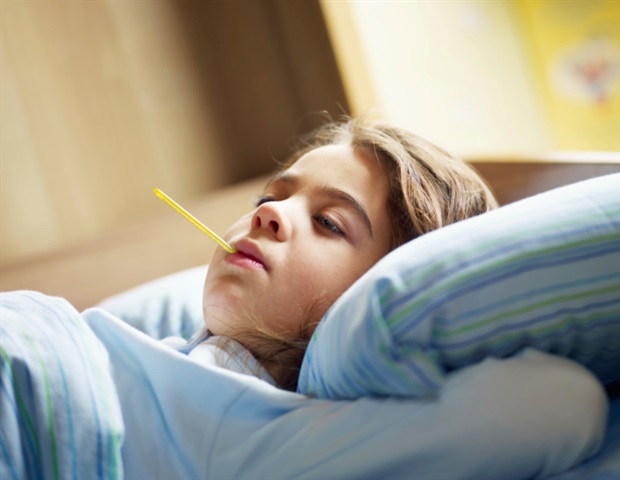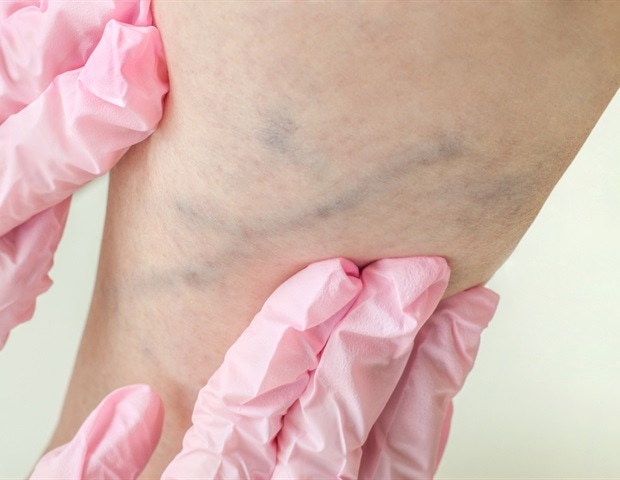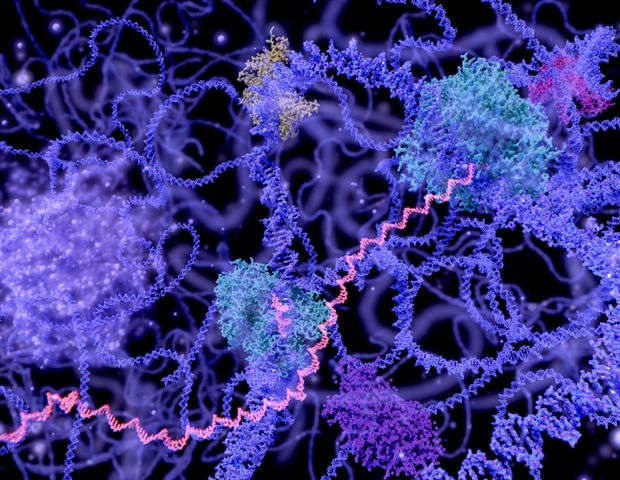A new study finds that the shingles vaccine sometimes offered to older adults has been associated with a decrease in the development of dementia later on. Shingles is a viral infection that causes a painful, itchy rash, typically on one side of the body. Health officials say it generally develops in people aged 50 and older, with those aged 60 and up likely to develop more severe symptoms.
Researchers with Stanford University and Austria’s Vienna University evaluated the health records of 280,000 older adults aged 71 to 88 in Wales who didn’t have dementia when the study was initiated. Their data was collected after officials in Wales mandated that people aged 79 on Sept. 1, 2013, were eligible to receive the vaccine for a year, but stipulated that people aged 80 and older were not.

Over the next seven years, roughly half of those who were eligible for the vaccine received it, while some who were considered ineligible also received the shot, the authors said. “Using detailed large-scale electronic health record data, we were able to compare adults who were ineligible for the vaccine because they were born immediately before the eligibility cut-off date with those born immediately after who were eligible,” the authors wrote, describing the situation as a “natural experiment.” “Importantly, individuals who are only a few weeks apart in age are not expected to differ systematically from each other,” they said.
By 2020, or seven years after the Welsh mandate went into effect, one in eight older adults in the study, who were aged 86 and 87, were diagnosed with dementia. Researchers said people who received the shingles vaccine were 20 percent less likely to develop the condition than those who didn’t get the vaccine. He added that other “associational studies suffer from the basic problem that people who get vaccinated have different health behaviors than those who don’t” and that “they’re seen as not being solid enough evidence to make any recommendations on.
” According to the U.S. Centers for Disease Control and Prevention, Americans 50 and older are urged to get a newer vaccine that’s proven to be more effective against shingles than its predecessor.
According to the CDC, about one in three Americans will get shingles. While most recover, it sometimes causes severe complications. If it infects an eye, it can cause vision loss.
Up to 20 percent of shingles patients suffer excruciating nerve pain months or even years after the rash itself is gone, officials say..
Health

Shingles Vaccine Could Reduce Risk of Dementia, Study Suggests

About 1 in 3 Americans will get shingles, CDC data says.















